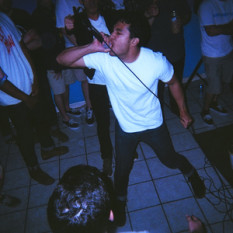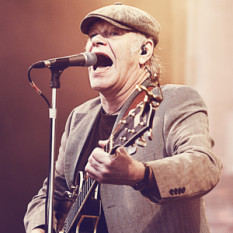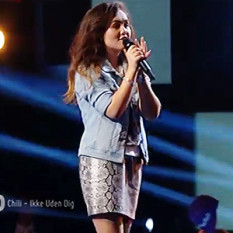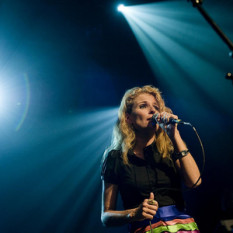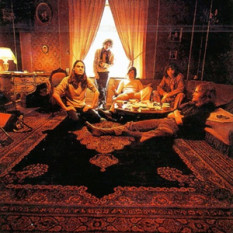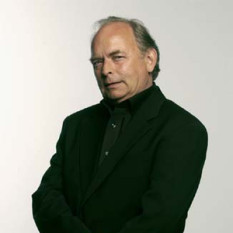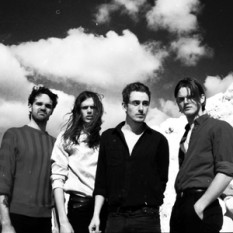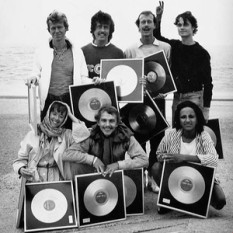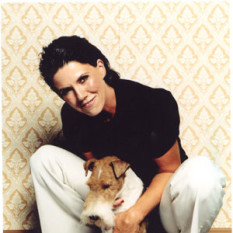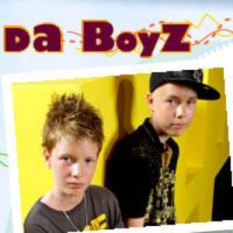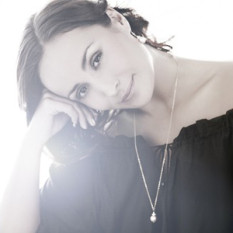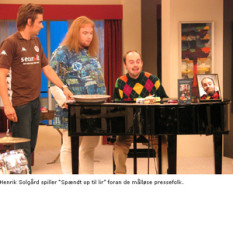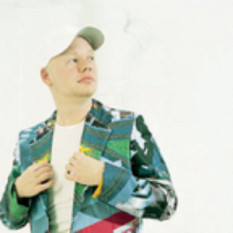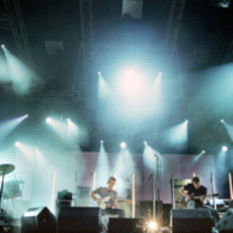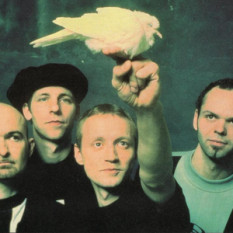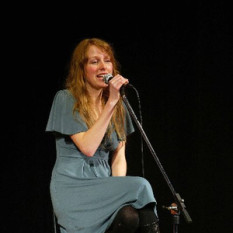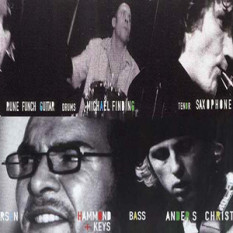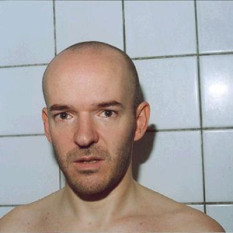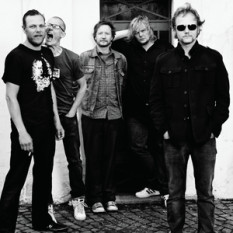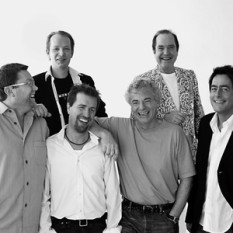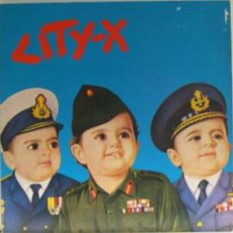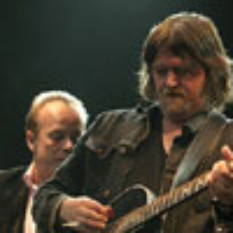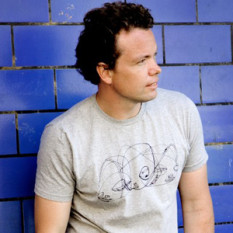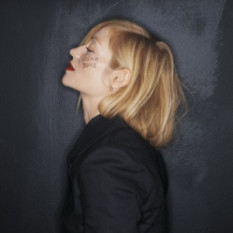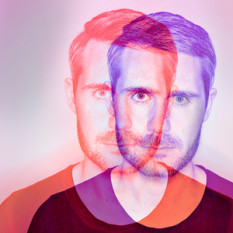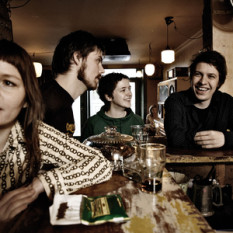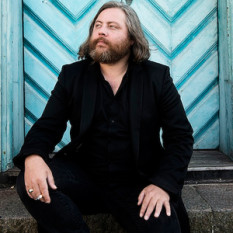Dansk means danish, and is a popular category in danish music listings. Thus it is often associated as a genre in its own right. Primarily popular music sung in danish gets tagged dansk (=danish), although danish bands and artists singing in english also gets tagged dansk (eg Swan Lee, Sort Sol. Kira and the kindred Spirits, The Savage Rose and Tim Christensen). This is misleading, but also shows that these are the danish artists using english, who nevertheless have become "household" names - known by a wide danish audience.
Most of the bands who call on the tag "dansk" are established danish artists on the danish mainstream pop and rock scene. Danish pop and rock of the 70s and especially 80s is mostly associated with the tag dansk, as this is the scene that created the established danish music industry, by producing big sellers. The bands from the poprock scene had things in common in production and popular appeal, but covered a wide range of influences. Sneakers was influenced by american westcoast rock, Sebastian and Lars Lilholt by folk, C. V. Jørgensen and Poul Krebs by Dylan-Rock, tv-2 and Marquis De Sade by new wave, Gnags and Tøsedrengene by reggae, Danseorkestret by latin, Anne Linnet by vise, Shu-bi-dua by comedy, Johnny Madsen by blues etc.
Dansk can be understood in a wider cultural context, as a tag for artists who use danish as a tool for musical and lyrical expression. It will then include an over- and underground scene of singer-songwriters like Allan Olsen and Pluto, as well as a fairly large hiphopscene with artists like Suspekt, L.O.C., Jokeren, Malk De Koijn. a.o. Club, dance and dancehallmusic has also embraced the danish language in recent years, sometimes actively inspired by the danish poprock tradition, like Rune R.K, Natasja and Bikstok Røgsystem.
Rarely does Dansk refer to Dansktop which should be treated as a genre - although cross over to the poprock scene does occur, eg Shu-bi-dua .

